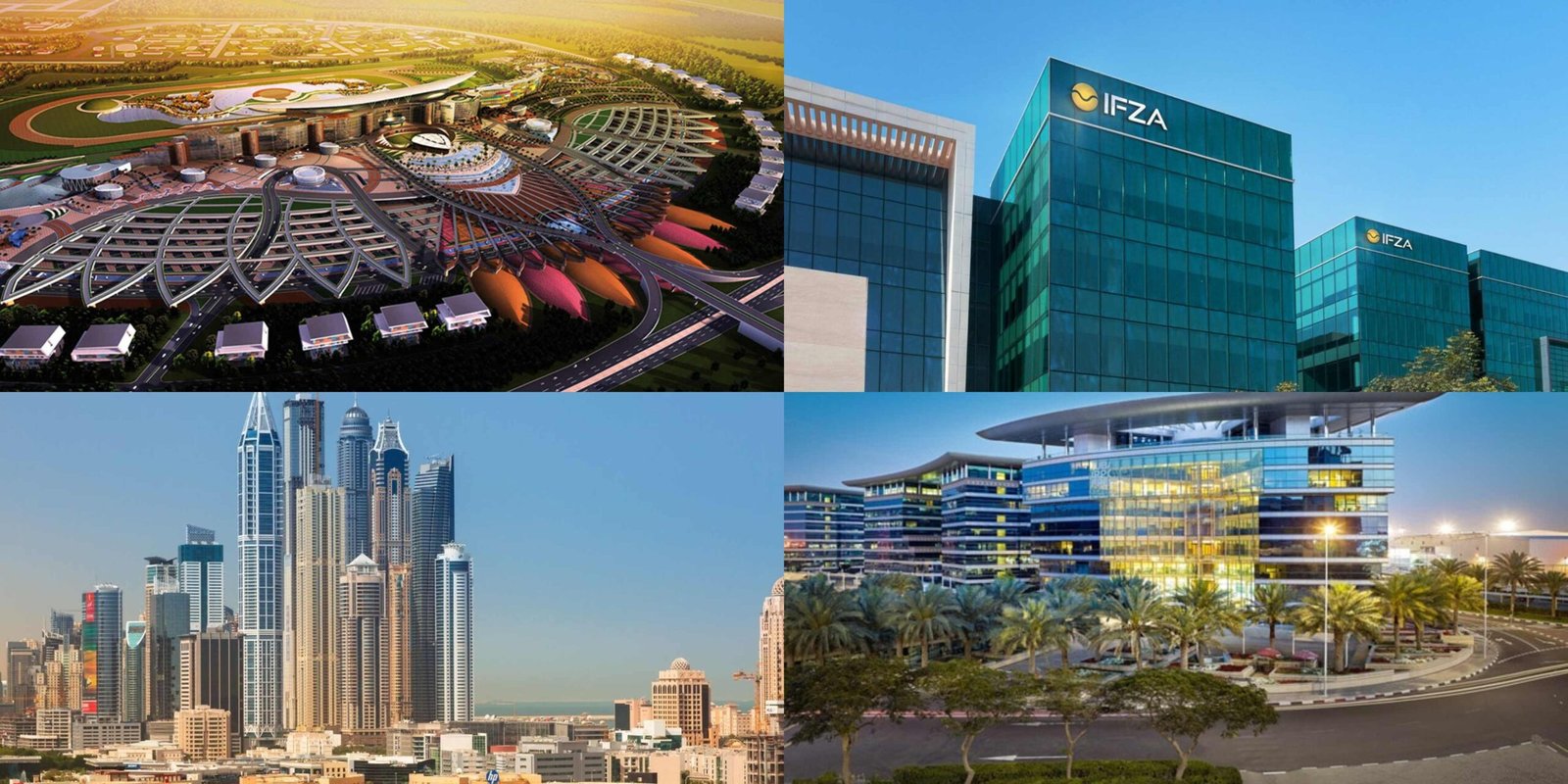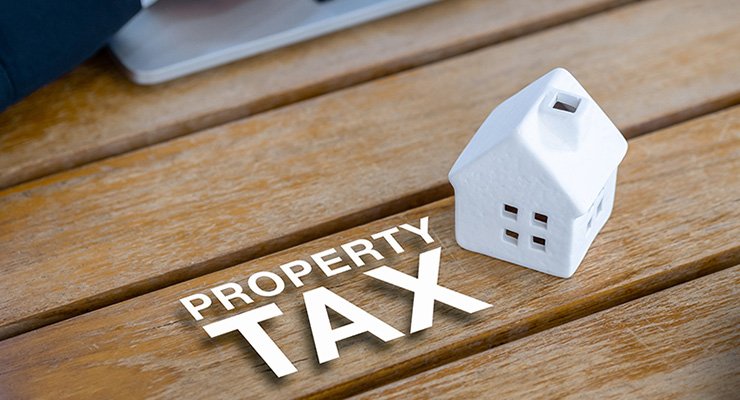How to Buy Property in the Emirates: A Guide
In our previous guide, we talked about renting in the UAE. But if you have more serious plans and intend to buy property for living or as an asset, then this guide is for you!
Why Buying Property in the UAE is Profitable
In 2024, the price per square meter in Dubai rose by 12%. For comparison, the average deposit rate at Emirates NDB Bank is around 1.5% per year. Real estate looks attractive not only compared to local financial instruments but also to property markets in other developed countries: in the UK, prices rose by 4.7% in 2024, in the EU by 4.9%, and in the US by 5.1%.
Even if you are not interested in investments, the UAE is one of the safest countries in the world with a high standard of living. This is the main reason for the demand for real estate here. Moreover, even in the second half of 2025, there are still no personal taxes.
How Property is Purchased in the UAE
As everywhere, there is a primary and secondary market. In the primary market, you buy from a developer — either a government entity or one of many private companies. In any case, you should check:
- the company has the necessary license and the project is registered (or in the process) with the Dubai Land Department (DLD);
- all payments go only to a special escrow account;
- the developer’s reputation and completed projects. Also check if the unit is furnished, whether parking is included in the price, and if short-term rental is allowed.
After checks, you can proceed to booking. You can reserve a property even before official sales start by submitting an Expression of Interest (EOI) and paying a deposit of 20,000–200,000 AED. In most cases, it is refundable and does not oblige you to buy.
Next is the Booking Form, where the specific unit (number, floor, size, price) is listed and a down payment of 5–20% is made. Usually, it is non-refundable. You will need a passport or Emirates ID.
Then comes the SPA (Sales & Purchase Agreement) or OSA (if the property is not yet registered with DLD).
Payment
If buying during construction, payments can be in stages (e.g., 10% upfront, another 10% later, and the rest at handover). You can pay via mortgage, bank transfer, card, or cheque.
Clarify:
- the final payment date;
- penalties for delays;
- early payment terms.
After Booking
The property must be registered in Oqood under your name. All payments go only to an escrow account. The developer is responsible for quality and deadlines, and the handover date must be in the contract (plus a “grace period” of 6–12 months).
When the Property is Ready
After construction is complete, you receive a notification, pay the balance, inspect the unit, sign the handover form, and get the keys.
Then register the property in DLD (Title Deed) and connect utilities.
Additional Costs
- DLD registration fee — 4% of the price;
- Administrative fee — 3,000–5,000 AED;
- Annual service charges — 10–50 AED/sq. ft.
Secondary Market
Here, you must check the owner, ensure there are no debts, verify the Title Deed, sign an MOU, pay a 10% deposit by cheque, and settle the seller’s mortgage (if any).
Documents: passport/Emirates ID, MOU, cheques for DLD and administrative fees. After signing in the Trustee Office, you become the owner and must update utility accounts.
Buying property in Dubai is not that difficult, but it has its specifics. We hope this guide will help you become a property owner in Dubai as soon as possible!













